Can You Trespass on Property You Own?

You may be surprised to learn that under California law, you can actually trespass on property that to which you hold title. In certain situations, the interest in property can be divided by a title holder and someone with a possessory interest. If this occurs, California recognizes the possessory interest over the rights of the title holder.
This most commonly occurs in residential rental agreements. In a rental agreement, a title holder (i.e., the landlord) grants a possessory interest to another (i.e., the tenant). This now grants the tenant control of the property. This control is not unlimited, and a landlord may have some need to access the property to effectuate the duties and responsibilities placed upon a landlord, such as making repairs. In order to access the property, a landlord must give tenant 24 hour written notice.
Problems arise when landlords do not give notice to tenants and/or decide to access the property for purposes other than achieving the duties or responsibilities of a landlord. Certain activities, such as entering the property strictly for the purpose of making inspections, are unlawful.
A landlord that violates these provisions and unlawfully enters the property can be liable for trespassing, even though they are the rightful owners. The reason behind this is that the granted possessory interest outweighs legal title. Even an unlawful possessory interest can entitle said interest holder to make a claim against a legal titleholder. (See Allen v. McMillion (1978) 82 Cal.App.3d 211.)
Consequences for such activity can actually go beyond mere civil damages. Landlords may also be subject to criminal charges such as, trespassing, violations of privacy, and any other criminal penalties for actions committed in violation of a tenant’s possessory interest. For these reasons it is important to protect the privacy of tenants and avoid behaviors such as locking tenants out, or other forms of self-help when it comes to tenant disputes.
Let the knowledgeable staff and attorneys at Dias Law Firm, Inc. assist with your property needs. Call us today for a consultation.
By: Dustin J. Moses, Esq.

For the general public: This Blog/Web Site is made available by the law firm publisher, Dias Law Firm, Inc., for educational purposes. It provides general information and a general understanding of the law, but does not provide specific legal advice. By using this site, commenting on posts, or sending inquiries through the site or contact email, you confirm that there is no attorney-client relationship between you and the Blog/Web Site publisher. The Blog/Web Site should not be used as a substitute for competent legal advice from a licensed attorney in your jurisdiction.
For attorneys: This Blog/Web Site is informational in nature and is not a substitute for legal research or a consultation on specific matters pertaining to your clients. Due to the dynamic nature of legal doctrines, what might be accurate one day may be inaccurate the next. As such, the contents of this blog must not be relied upon as a basis for arguments to a court or for your advice to clients without, again, further research or a consultation with our professionals.
Photo 263788 / Trespass © Alptraum | Dreamstime.com

